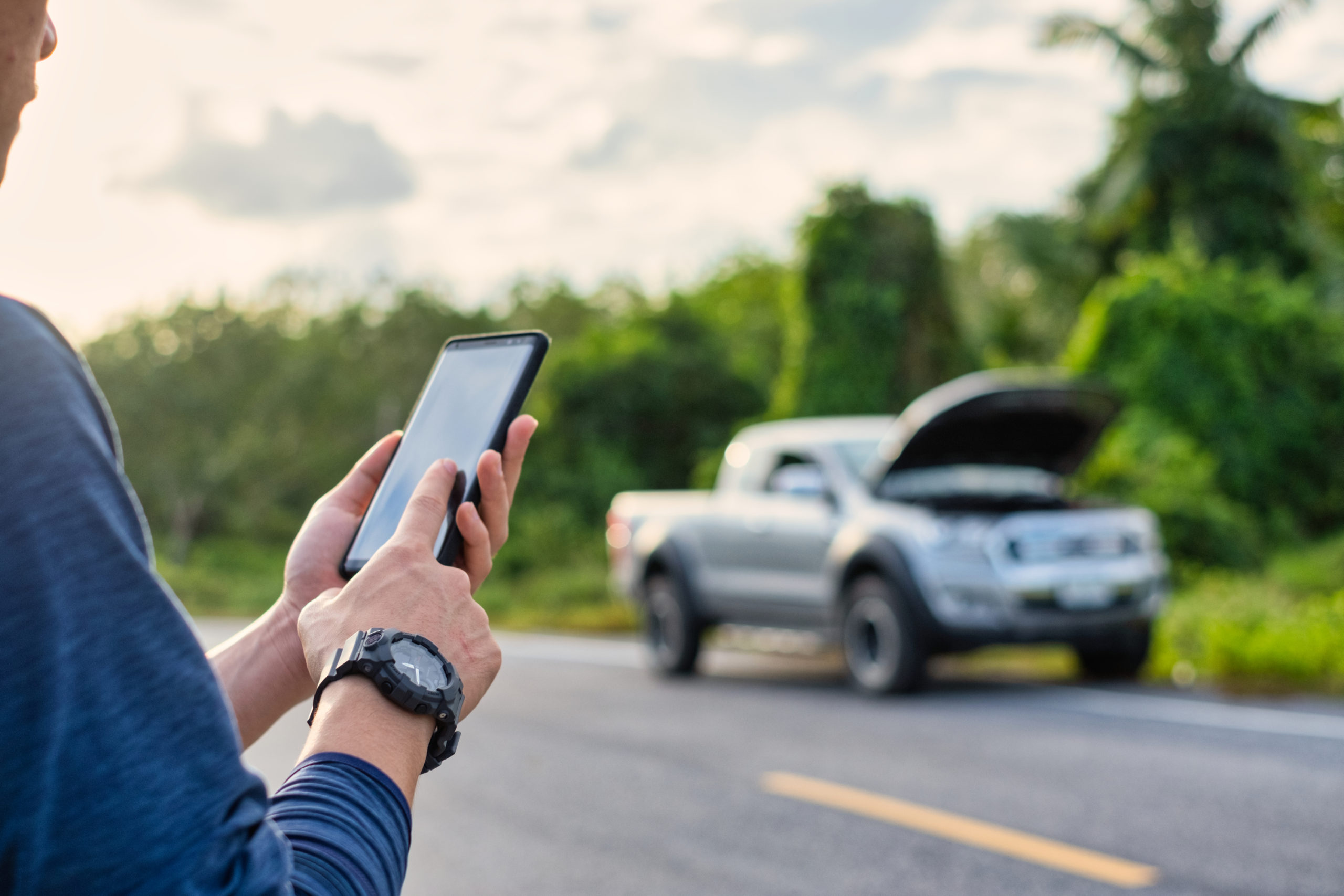Credit cards are widely misunderstood financial tools. To some, they’re a source of unlimited funds that later turn out to be problematic when the bills are due. To others, though, they’re forbidden objects that must never be touched, stopping these fearful individuals from building credit or making necessary purchases. In truth, a credit card is an immensely important tool that could be used in an emergency. The key, though, is to make sure that you use your credit wisely when you’re dealing with trying times. If you find yourself reaching for your card, you’ll want to consider how to use credit cards during an emergency.
Defining Emergencies –
The first step towards wisely making use of your credit is defining what constitutes an emergency. This is clearly an individual choice, but it’s best to think of the long-term consequences of not using your credit before you use the card. If you have an option that won’t cause you to go into debt or that will let you do so at a lower interest rate, it’s generally better to take that option. Crisis situations should be defined as those situations in which failure to use the credit card would lead to a long-lasting worst-case scenario.
When To Choose The Card –
As you should already know, any purchase on a credit card will do two things. First, it will start to accrue interest, which will cause you to owe more money once you reach the end of the month. Second, the purchase will reduce your amount of available credit, which can lower your credit score depending on how much money you need to spend. Your goal is to figure out if those two factors are outweighed by using your card.
The second factor is perhaps easier to deal with in most situations. Your credit score can generally be fixed or increased over time, especially with close monitoring and smart credit choices. If you are in the position where you know you will absolutely need a certain score to accomplish something important, though, you should determine if it’s possible to wait to make the purchase.
However, the first factor, credit card debt, is harder to deal with in many cases. Think about how long it will take you to reasonably pay off your new credit purchase. If you can pay it off before the end of your billing cycle, you should feel more than safe in using your card. If you know that you can’t pay it off now but you can plan to pay it – and the interest – off soon, it’s still a safe choice in most cases. It’s only when you find yourself paying on credit and then dealing with long-term interest payments that using your card can be a mistake.
Get Started With a Free Debt Analysis
We make it easy on mobile or desktop. FREE with no obligations.
Dealing With The Aftermath –
After the crisis has passed, you’ll want to evaluate how to proceed. The first and most important step to take is to start paying off the debt as quickly as possible. The faster you pay, the less you’ll end up paying in interest. The other step to take is to figure out why you were dealing with the financial situation to begin with. If you found yourself lacking money because you have strained or overextended your finances, you’ll want to sit down with your budget and figure out where to make cuts.
If you find yourself using credit in crisis situations, stop and think to yourself about how you can lessen the impact of your credit use. If you find yourself in over your head, make sure that you work with a reputable non-profit credit counseling agency to get back on your feet. Credit can be useful in certain situations, but it must always be used wisely.
